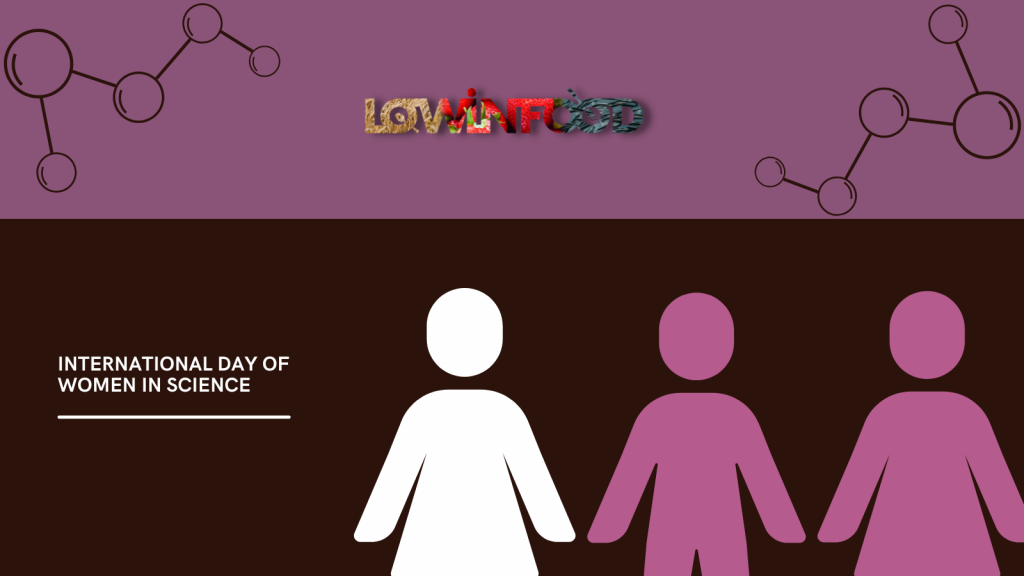
LOWINFOOD science women’s view
In the framework of the International Day of Women and Girls in Science, LOWINFOOD has collected statements from the women partners working at research institutions. Making their voice heard, LOWINFOOD aims to contribute and give a boost to gender equality in the field of science.
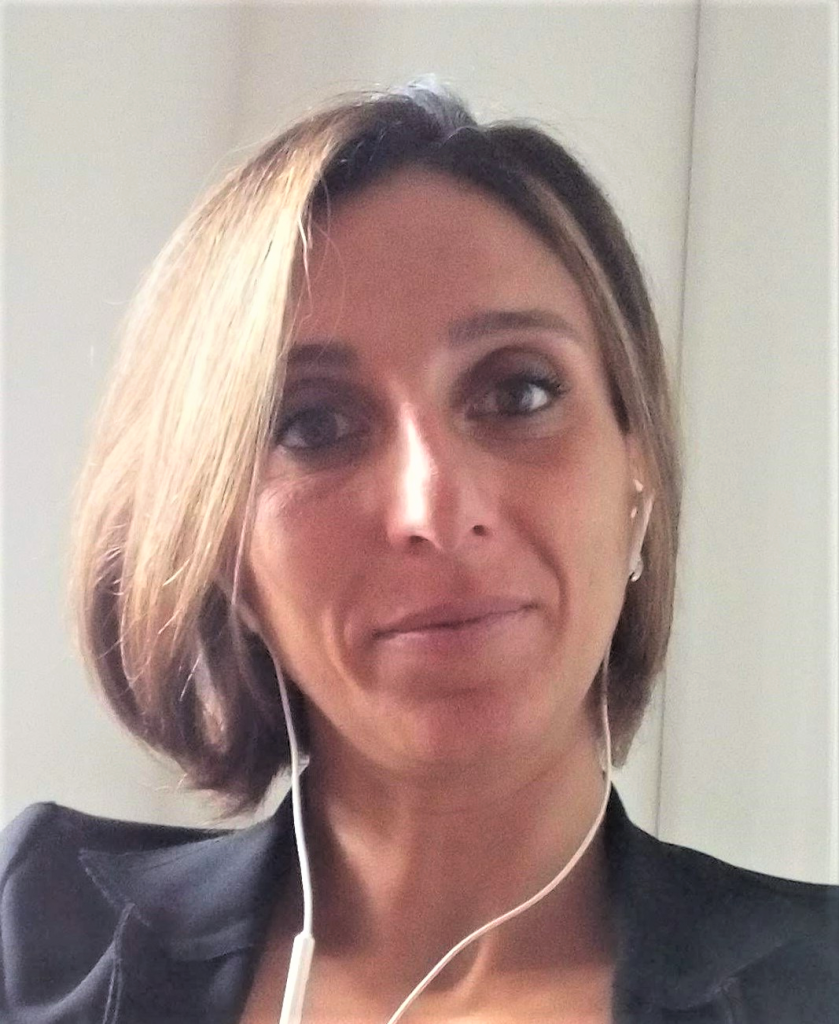
“If everything goes well, I might become associate professor in 2025, at the very young (compared to Italian average) age of 41. What is even more extraordinary, I am a woman and I already have two kids in school age”
Clara Cicatiello, LOWIFOOD project coordinator
tenure track Assistant Professor of Agricultural Economics, at the University of Tuscia, Italy
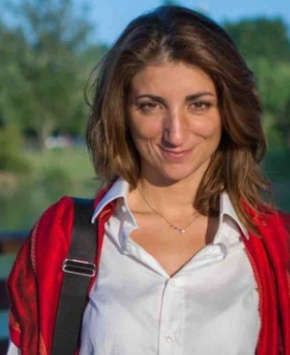
“We experience academic cultures and practices that valorize overwork, an expectation of always being available for work purposes, and discussions of having children as a problem for work”
Claudia Giordano, temporary assistant professor at the University of Bologna
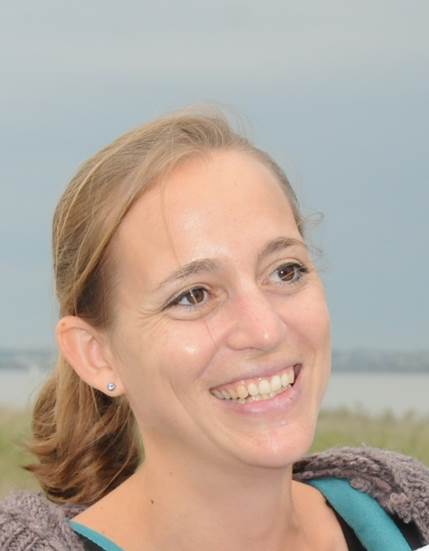
“Due to difficulties to find the balance between work and social life and mental load to combine scientific work with child care and household management, scientific career is often slowed”
Silvia Scherhaufer Senior Scientist at the Institute of Waste Management and Circularity of the University of Natural Resources and Applied Life Sciences
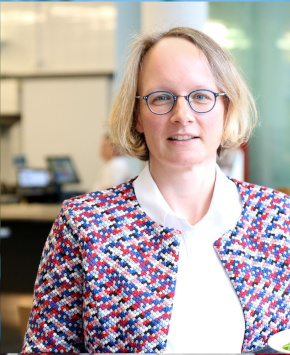
“ I constantly have temporary contracts and am dependent on acquiring new funds. Therefore, I have no long-term professional perspective in my current position. ”
Christina Strotmann, senior researcher at the Institute for Sustainable Nutrition (iSuN) of the Münster University of Applied Sciences
Full interviews of the LOWINFOOD female researchers
Clara Cicatiello, LOWINFOOD project coordinator, tenure track Assistant Professor of Agricultural Economics, at the University of Tuscia, Italy
What do you like most about your work as a scientist?
The fact that I could never stop making questions, and that the answers I find will just add more questions. It is a never-ending loop of making questions and finding answers, and I can work for years on the same topic of research, but never do twice the same activity. I also like very much that it is a job that puts me in contact with an international network of scientists of any branch of knowledge, and that gives me the opportunity to travel.
Have you experienced any difficulties in developing your scientific career? If yes, which one?
Having an academic career is probably more difficult in Italy than elsewhere. I am a lucky one, as I managed to get a tenure track position in 2022, ONLY 10 years after completing my PhD and 2 years after winning a 5.5 million € H2020 grant as a coordinator. If everything goes well, I might become an associate professor in 2025, at the very young (compared to Italian average) age of 41. What is even more extraordinary, I am a woman and I already have two kids in school age. From this privileged position, I can say that it has always been a struggle to find enough money to renew my contract every year when I was a post-doc and that it was very frustrating not to have the opportunity to take any responsibility in projects because post-docs are considered external collaborators in the Italian system. Moreover, before getting my current position, I have always been paid much less than I could get in other jobs, and I basically got the same salary for 10 years, despite my growing experience and responsibilities. How foolish I have been to start a family in these conditions! It was not easy. But again, I am very lucky, I got to keep my contract after maternity leaves and to work in a baby-friendly group, which is very rare in Italian academia.
As a scientist, what does the LOWINFOOD project bring to you?
On the scientific side, it allows collecting the most promising innovations against food waste and to test them in real food chains, keeping at the same time a robust approach for their evaluation. A lot of results to come, that can be useful for food chain actors in practice and have a great value for scientific dissemination. On the personal side, it brings the unique opportunity to test and improve my skills of project management, through a 4-years learning journey. The positive and kind collaboration approach we have built in the consortium makes this task much less stressful and more pleasant than I could ever expect.
Claudia Giordano, temporary assistant professor at the University of Bologna
What do you like most about your work as a scientist?
The opportunity to keep studying and making questions and (almost) never getting a definitive answer; the need to cope with mental or scientific funerals when the answer destroys a previous belief. What I mostly like is knowing that we no nothing (cit), and we put a lot of effort (even a lifetime!) to get to know just a little more than before, but this could change humanity forever.
In my case (I am in the field of food policy and economics) it is a constant challenge, as policies change everywhere and very often. They have a profound impact on our everyday life (health, economy, well-being); trying to forecast what will happen after their deployment, as well as trying to mitigate disasters or avoid unfortunate choices, is the most interesting and challenging job I can imagine.
Have you experienced any difficulties in developing your scientific career? If yes, which one?
The academic career strongly depends on the national system where it takes place. In Italy, it is very hard for a lot of reasons, first a constant underfunding of public universities slows down the career of researchers in all disciplines. The average age to become an associate professor is more than 40 years old and, despite more than 50% of degrees, PhD and post-doc being women, only 24% of full professors are women (the so-called glass ceiling).
Due to the constant lack of funding, we need to find money to pay our and our team’s salary and for this reason, we must win competitive research grants that propose very specific topics. This implies the risk of limiting the research only to a few, fashionable topics in the whole discipline and becoming over-skilled in single topics, while dedicating a lot of working time to grant writing instead of doing research.
Borrowing the words of Parizeau (member of the LOWINFOOD Advisory board) et al. (2016)*: “The academy venerates particular masculinist performances of self that are competitive, confident, authoritative, vocal, combative, angry, etc.[…] It is a winner-take-all academy in which the audit culture has led to the pervasiveness of overwork, multiple deadlines, unrealistic expectations, and cultures of competition. We experience academic cultures and practices that valorize overwork, including expressions of martyrdom, talking about not sleeping or eating and about working all of the time, an expectation of always being available for work purposes, and discussions of having children as a problem for work.”
*Breaking the silence: A feminist call to action
As per Parizeau’s invitation, I want to break the silence and be honest: all these issues had and still have an impact on my career and life. The motivation to go ahead, the stress of competing and performing, the fear of losing grants, and the (low) work-life balance. Is it worth the effort? I think this is the mainstream question for many precarious workers in academia and I do not have an answer.
As a scientist, what does the LOWINFOOD project bring to you?
As a scientist, LOWINFOOD gives me proof of what really works to reduce food waste, and what doesn’t. Being an Innovation Action, we are testing some solutions and evaluating their performance, to see what can be improved and scaled up as a successful solution. After 10 years of working on food waste mostly from a theoretical perspective, LOWINFOOD is what I need to step forward in the food waste prevention and reduction knowledge and to bridge my theoretical background to everyday life. LOWINFOOD gives me also the joy of working with an amazing, woman-majority consortium, composed of brilliant scientists deploying another way of doing academia: deliberative, tentative, supportive, and collaborative.
Silvia Scherhaufer, Senior Scientist at the Institute of Waste Management and Circularity of the University of Natural Resources and Applied Life Sciences
What do you like most about your work as a scientist?
To work together for a more sustainable and healthy planet
Have you experienced any difficulties in developing your scientific career? If yes, which one?
The mental load of combining scientific work, childcare and household management is sometimes a major challenge. It is difficult to find a good balance between work and social life, which unfortunately often means a slowdown in the scientific career.
As a scientist, what does the LOWINFOOD project bring to you?
To learn from open-minded and well-experienced people.
Christina Strotmann, senior researcher at the Institute for Sustainable Nutrition (iSuN) of the Münster University of Applied Sciences
What do you like most about your work as a scientist?
What I like most about my job as a scientist is that I can contribute to making our world more sustainable. I am also happy that in my position I deal with issues that affect practical application. This allows me to help develop solutions that can also be applied in practice.
Have you experienced any difficulties in developing your scientific career? If yes, which one?
The difficulties I have experienced revolve around the issue of employment. I constantly have temporary contracts and am dependent on acquiring new funds. Therefore, I have no long-term professional perspective in my current position. This puts me under pressure professionally and also privately.
As a scientist, what does the LOWINFOOD project bring to you?
Apart from the fact that I consider the LOWINFOOD project very important in terms of content, it allows me to work with international scientists and exchange ideas. I have met new, nice colleagues and get impulses for new project ideas.
Share on Facebook Share on Twitter Share on Pinterest